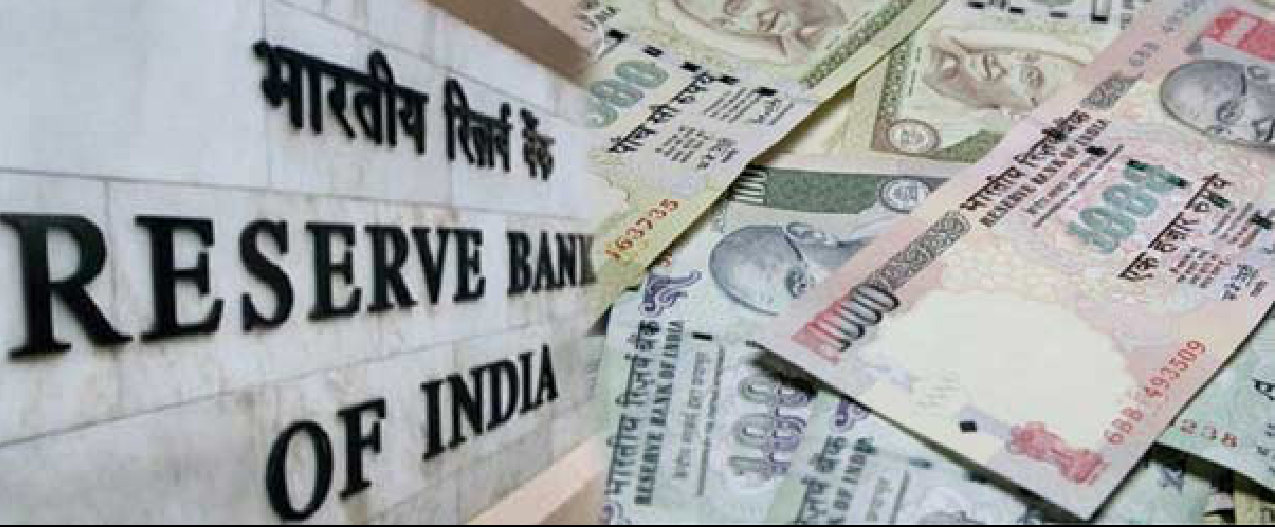In our NRI personal finance series this time we look at the rules governing Special Non-Resident Rupee Account (SNRR).
Below are some of the dos and don’ts for a SNRR Account, according to the Reserve Bank of India:
- Any person resident outside India, having a business interest in India, can open a Special Non-Resident Rupee Account (SNRR account) to put through bona fide transactions in rupees
- The SNRR account will carry the nomenclature of the specific business for which it is opened and not earn any interest.
- The debits/ credits and the balances in the account should be incidental and commensurate with the business operations of the account holder.
- Authorised Dealers are required to ensure that all the operations in the SNRR account are in accordance with the provisions of the Act, rules and regulations made thereunder.
- The tenure of the SNRR account should be concurrent to the tenure of the contract/ period of operation/ the business of the account holder and not exceed seven years. The RBI needs to approve any renewal. However, the restriction of seven years shall not be applicable to SNRR accounts opened by a person resident outside India for investment in India.
- No operations are allowed in the account after seven years.
- The operations in the SNRR account should not result in the account holder giving foreign exchange to any person resident in India in lieu of reimbursement in rupees or in any other manner.
- The balances in the SNRR account can be repatriated outside India.
- Transfers from any NRO account to the SNRR account are not permitted.
- All transactions in the SNRR account will be subject to taxes in India.
- SNRR account may be designated as resident rupee account if the account holder becomes a resident.
- The amount payable to a non-resident nominee from the account of a deceased account holder, will be credited to a Non-Resident Ordinary account of the nominee with an authorised bank in India.
- Opening of SNRR accounts by Pakistan and Bangladesh nationals and entities incorporated in Pakistan and Bangladesh requires prior approval of Reserve Bank.
- The SNRR can be held only as a non-interest earning account, while an NRO account can earn interest. While the balances in an NRO account are non-repatriable (except for current income and to the extent permissible for NRIs/ PIOs), SNRR is a repatriable account.
Tweet us on @connected2india or email us on info@connectedtoindia.com for your specific queries and subjects you would like us to write on.
Note: Connected to India articles on NRI personal finance are intended to help Non-Resident Indians (NRIs) understand the increasingly complex world of financial investments.



